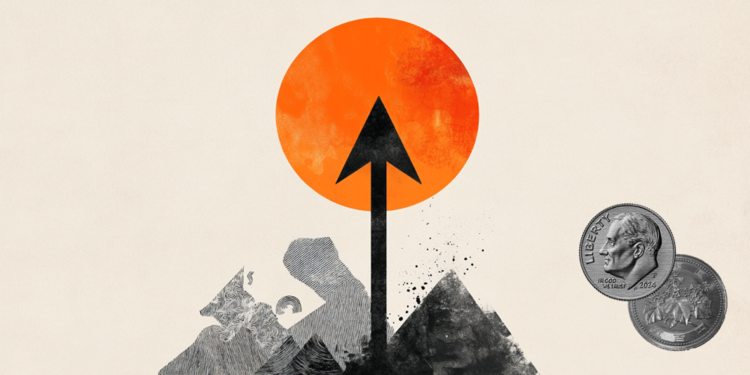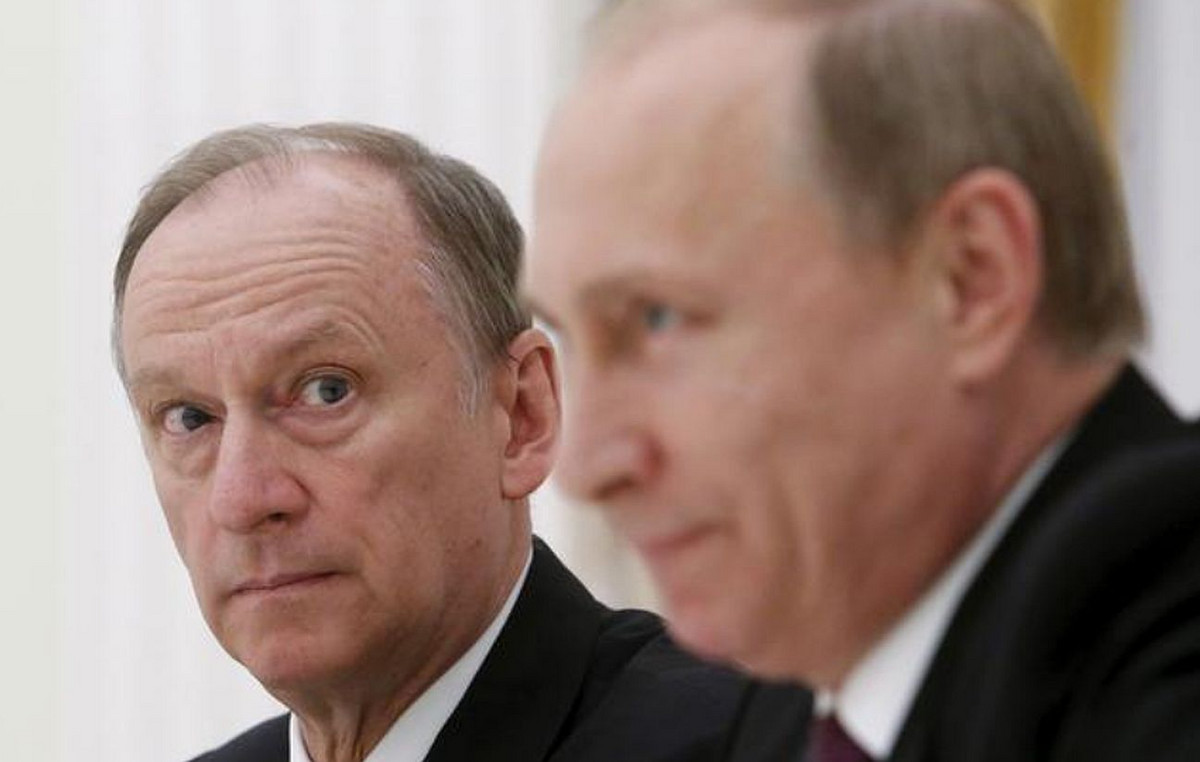For those who know and love this piece of the Middle East, the challenge is having to talk about a place that is familiar but not to tell travel tips but to try to describe daily life. TO more than two months since October 7, the day of the Hamas attack on Israelit is time to talk about that strip of land that stretches along the western bank of the Jordan River and which is therefore called the West Bank, and which together with Gazawhich separates it from the state of Israel, was allocated by the United Nations to Palestine.
photo Nicoletta Diamanti
© 2014 Nicoletta DiamantiThe guide in this story as in many journeys is Ibrahim. This time, however, everything is different, starting with his name, which is fictitious to guarantee his anonymity. But the circumstances are different and consequently also the methods. The meeting is virtual and the chat, therefore, conditioned by the risks of censorship that runs on social media and on the internet and not, as before, free to take place, albeit in a low voice, during coffee breaks.
Because Ibrahim normally welcomes travelers to accompany them to visit his city, Bethlehem. Stop at the underground car park, entrance to the Basilica of the Nativity, walk to the Milk Grotto and the Shepherds’ Camp, lunch in a typical Palestinian restaurant, photo stop (always required) at the separation wall that ordinary people and international artists like Banksy have transformed into a concrete board on which to shout messages to the world.
Who is Ibrahim.
«I am a Palestinian Christian Arab from Bethlehem, I am 35 years old and since 2011 I have been working as a licensed tour guide. I am married to Maria, a Christian girl from Jenin, we have two girls aged 8 and 6 and a 9 month old boy. My wife is a housewife, she has the qualifications to teach English but for years she hasn’t been able to find work.”
Arab, Christian, Palestinian: we are used to thinking that Arabs are always Muslims, how is coexistence between people of different religions in such a small territory?
«In Palestine there are both Christians and Muslims and the two communities coexist without any difference. After all, it is the history of our land: Palestine has always known and welcomed different religious communities. Furthermore, Christians and Muslims have deep historical roots in the region and share many cultural and social traditions. In our land there are numerous examples of friendship and cooperation between people of different faiths who try to live in peace and harmony.”
Bethlehem is a place familiar to many (this year more than ever deserted of tourists ed.). The territory in which it is located, the West Bank, is a little less so.
«The West Bank looks like an almond. It is slightly larger than Liguria and has been governed by the Palestinian National Authority since 1994. It is divided into ten governorates, including Bethlehem, Hebron, Jericho or Ramallah, and has 3.2 million inhabitants, slightly less than Tuscany. The Palestinian territory of Gaza is a strip along the Mediterranean and bordering Egypt. They are 365 square kilometers, a city like Spoleto with over 2.2 million inhabitants. Since 2007 it has been controlled by the Hamas political party and since then unfortunately we are no longer allowed to go to Gaza and they are no longer allowed to visit us in the West Bank. This ban is not because of the dispute between Palestinian parties but because Israel is preventing it. Since 1997, four years after the Oslo Peace Accords, the Israeli government has occupied much of the Palestinian territory of the West Bank to build 250 settlements that violate both those accords and international resolutions. These settlements are home to 750,000 Israeli Jews who live in the West Bank rather than in the territory of the state of Israel. My city, Bethlehem, for example, is surrounded by 22 settlements with 85,000 inhabitants.”
photo Nicoletta Diamanti
© 2014 Nicoletta DiamantiAnd what does this mean?
«First of all that these illegal settlements have fragmented our territory, weakening the authority of our president, Abu Mazen, who can therefore only exercise it over 22% of the West Bank. The remaining 78% is under the control of Israel, which also controls all essential services: water, electricity, internet, gas, petrol, food and many products on the market.
The consequence is also an objective difficulty for us residents to move because since 2000, after the second Intifada, the Israeli army has established checkpoints on Palestinian territory to control all movements of Palestinians from one city to another in the West Bank” .
What has changed in the West Bank since October 7?
«Unfortunately, since the war began, our lives have been turned upside down on all levels. We went back completely. The repercussions of what is happening in Gaza are also very serious here, in the West Bank. I, for example, have lost all my customers because tourism has stopped, but like me, most people are at home without work.
Water comes to Bethlehem two days a week and we have no way to conserve it. The cost of living has increased, we don’t receive aid of any kind and the banks don’t give us discounts: despite the situation we have to continue paying the mortgage. We, for example, after years of renting, had decided to take out a mortgage to buy an apartment in a condominium. If we had been renting, the owner would have understood the situation and would have accommodated us. Now, however, all we can do is find the money to pay the installments. Do we want to talk about safety? The West Bank does not have a military anti-missile system and in this period 12 missiles fired from Gaza fell “by mistake” on Bethlehem, Hebron and Ramallah. They would have caused a massacre if they had not fallen in open areas.”
How do people react to the current situation in Gaza?
«Certainly there is great pain and great involvement. Demonstrations and marches are organized every day to denounce the aggression against the Gaza Strip. But in many Palestinian cities there are also clashes between the Israeli army and groups of young people who throw stones at army vehicles as a sign of solidarity with the Gaza Strip. The siege of the West Bank by the Israeli army was announced as a gesture to keep the situation under control, but this is evidently not the case.”
Have you managed to get out of Bethlehem during this period?
«Since October 7, the Israeli army has controlled Bethlehem and the rest of the West Bank; this means not only that it is unthinkable to go out but also that the main roads connecting one city to another within the West Bank are blocked and we cannot move. In normal times things aren’t much simpler, but doable. For example, to go from Bethlehem to Jenin (about 170km, ed.) where my wife’s family lives, we have to pass through three checkpoints controlled by the Israeli army: the first between Bethlehem and Ramallah, the second between Ramallah and Nablus and the third between Nablus and Jenin. How long? Impossible to say, sometimes it takes a whole day. I remember well one time when they made us get out of the car with our little girls to check if we had weapons or bombs. By now we are used to this situation that we experience in our territory.”
What is daily life like in the West Bank today?
«Daily life has been completely turned upside down, even though we are in an area distinct from that of Gaza. The shops in the old city are the only ones to open, but the shelves are empty because the prices of products have increased and people have no money to spend. The market is also practically deserted. Other shops, for example those near the separation wall, have received orders from the Israeli army not to open. Schools have been closed for over a month.
I am always at home with my family. I continue to study Italian, read books and constantly follow the situation on television. So we all do. Our life seems to have returned to the Covid lockdown, we don’t know what will happen tomorrow. We are afraid of the future, but despite everything we maintain the great hope that it will be better, that our state can be independent and that we can all live in peace.”
How have you explained to your girls why they are not going to school and what is happening?
«It wasn’t easy. It was necessary for me to make a great effort and summon all my control to be balanced and try to explain the situation to my daughters, although at 8 and 6 years old they are already used to the noise of explosions, bombs and the smell of tear gas. Unfortunately for them, like for many other children, this is nothing new.”
Source: Vanity Fair
I’m Susan Karen, a professional writer and editor at World Stock Market. I specialize in Entertainment news, writing stories that keep readers informed on all the latest developments in the industry. With over five years of experience in creating engaging content and copywriting for various media outlets, I have grown to become an invaluable asset to any team.







